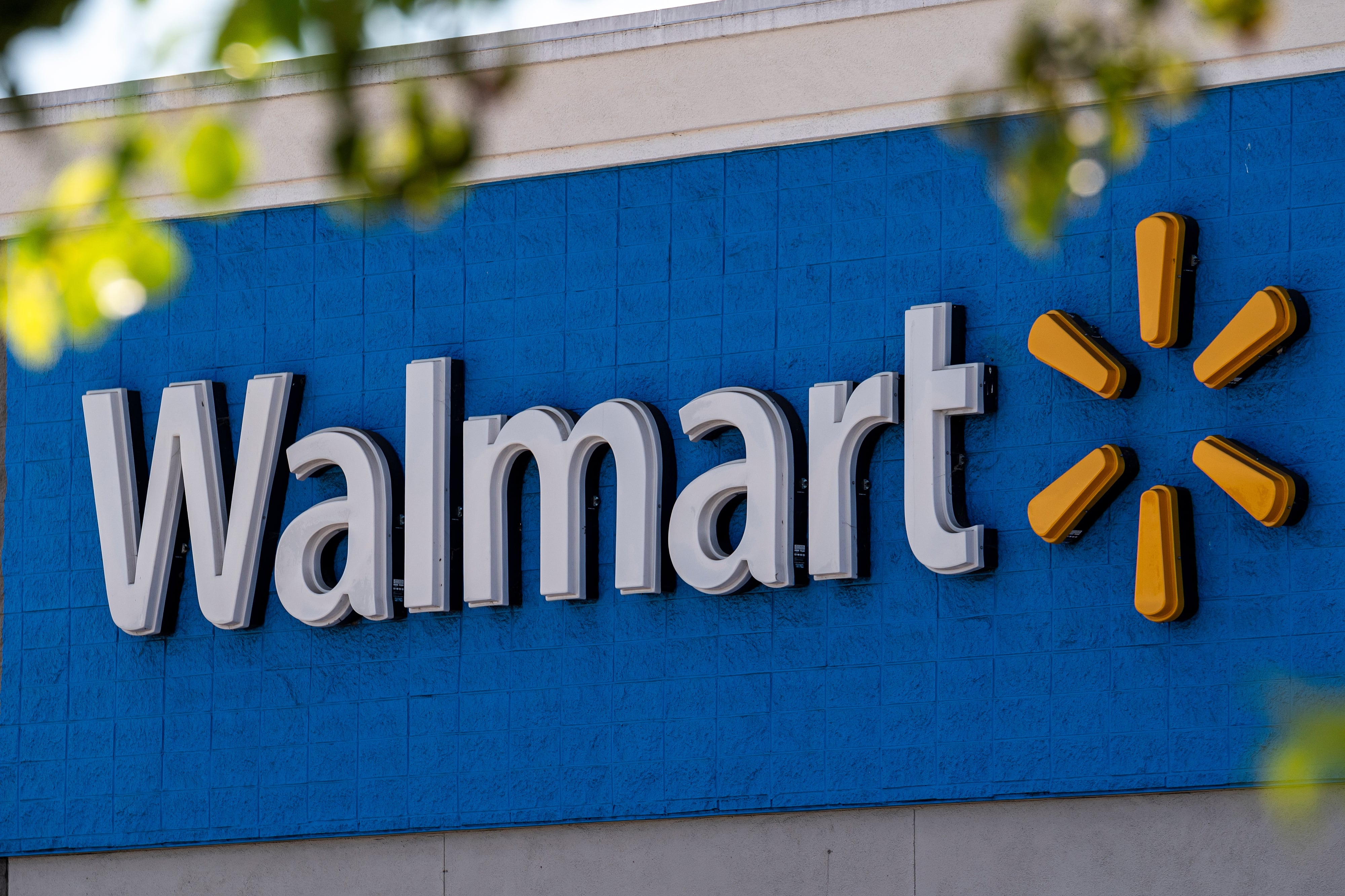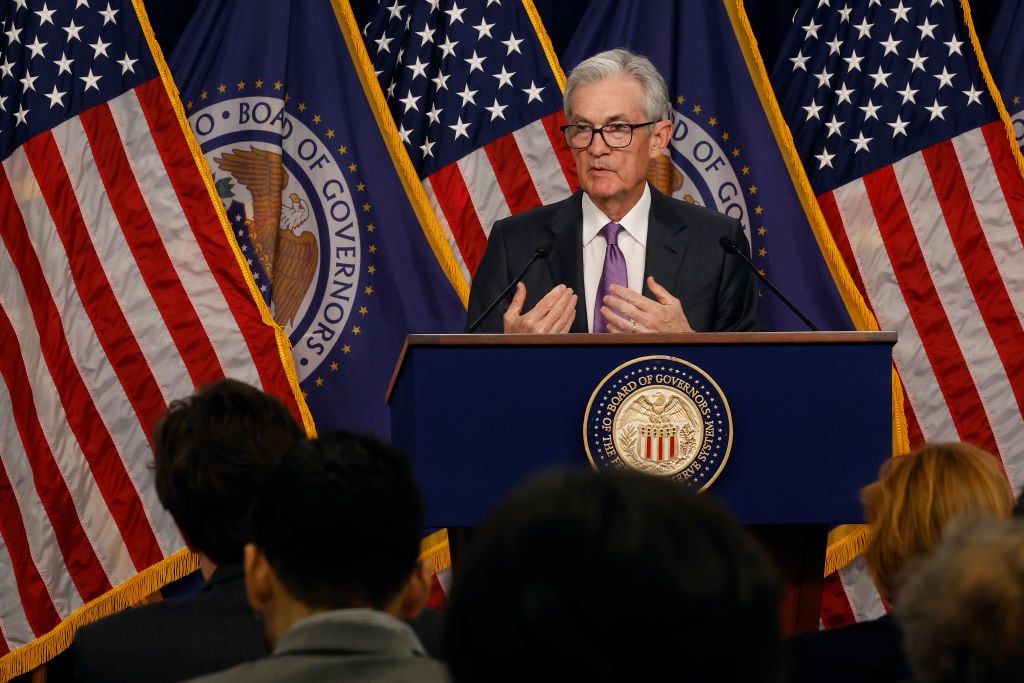*By Alisha Haridasani and Jacqueline Corba* The future of retail will be data driven and highly specialized, further blurring the lines between online and offline shopping, according to the e-commerce executives and retail analysts shaping how Americans shop. Consumers bought more than $450 billion worth of stuff online in 2017, an increase of 16 percent from the year before, according to the [U.S. Department of Commerce](https://www.census.gov/retail/mrts/www/data/pdf/ec_current.pdf). But that is still less than [10 percent](https://seekingalpha.com/article/4126702-e-commerce-really-crushing-brick-mortar-sales) of total sales. A [McKinsey study](https://www.mckinsey.com/business-functions/marketing-and-sales/our-insights/the-future-of-retail-how-to-make-your-bricks-click) from 2014 estimates that 80 percent of retail sales in the U.S. will still be conducted in physical stores in 2020, indicating that brick-and-mortar will have a future alongside e-commerce. Integrating artificial intelligence and virtual reality elements that consumers can interact with brings the online experience closer to the offline reality, said Marc Lore, Walmart’s U.S. e-commerce president and founder of Jet.com. "You can imagine a future where basically you want to buy something, you just talk," said Lore. "And then you would basically be, sort of, teleported to the native environment where these products live and be able to experience them." "I think voice and artificial intelligence and the combination of the two is going to allow retailers to really offer a personalized experience," he said in an interview with Cheddar's Nora Ali, who used to work for Lore at Jet.com. Though Lore said that future is still decades away, there are [digital-first brands](https://cheddar.com/videos/the-rise-of-digital-first-retailers) that have started to make the line between the online and the offline more porous. How they use new technology to better market their brands to consumers will determine their success, and how well traditional retailers learn from their digital competition will determine their longevity. For example, Sonos, maker of high-end wireless speakers, opened its first brick-and-mortar location in New York in 2016. The store included seven rooms styled to resemble different homes, and a lounge where customers could relax and hear how Sonos speakers sound in a realistic environment. "Up until the time we built this store, the best place to get a demo was in a friend's house," said Whitney Walker, head of retail at the speaker brand. The tools of online sales and the ability to track customers across platforms will give retailers access to a growing set of data, allowing them to provide a more calibrated experience online, and in virtual reality, that approximates real-world retail. Most of the brands that have thrived in the e-commerce landscape so far are those that have specialized and focused in on market niches, which will continue to drive growth for retailers, said Christine Hunsicker, the CEO of Gwynnie Bee, a subscription clothing service that originally catered to plus-sized women. The company recently launched a new tool that helps traditional retailers create their own subscription services, enabling them to deliver better service to customers who may not expect such personalized attention from online purveyors. “The modern consumer wants the right product at the right time in the right way,” Hunsicker said. For the full interview, [click here](https://cheddar.com/videos/walmart-com-ceo-marc-lore-shares-his-vision-for-the-future-of-retail).












